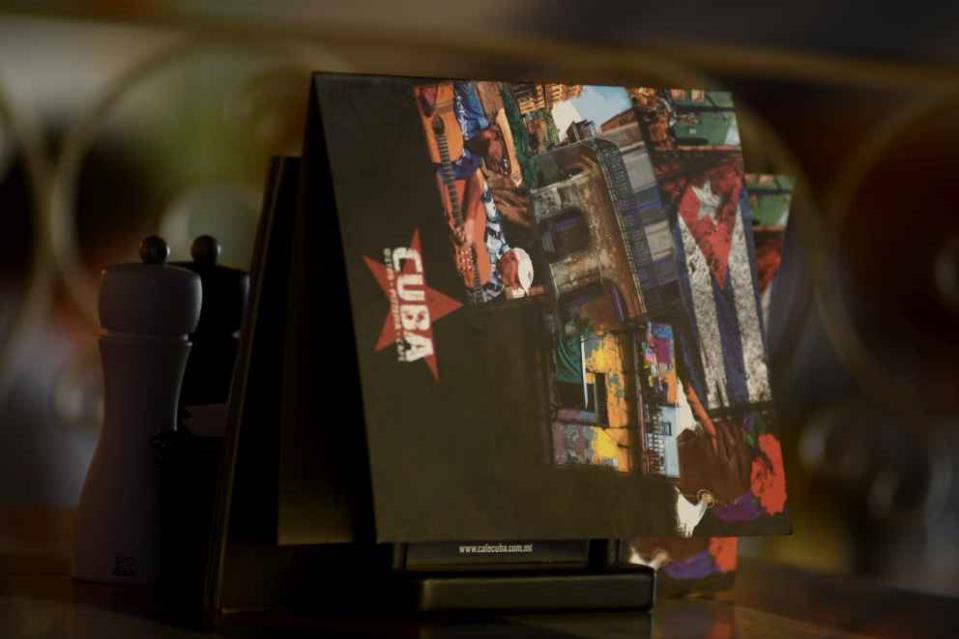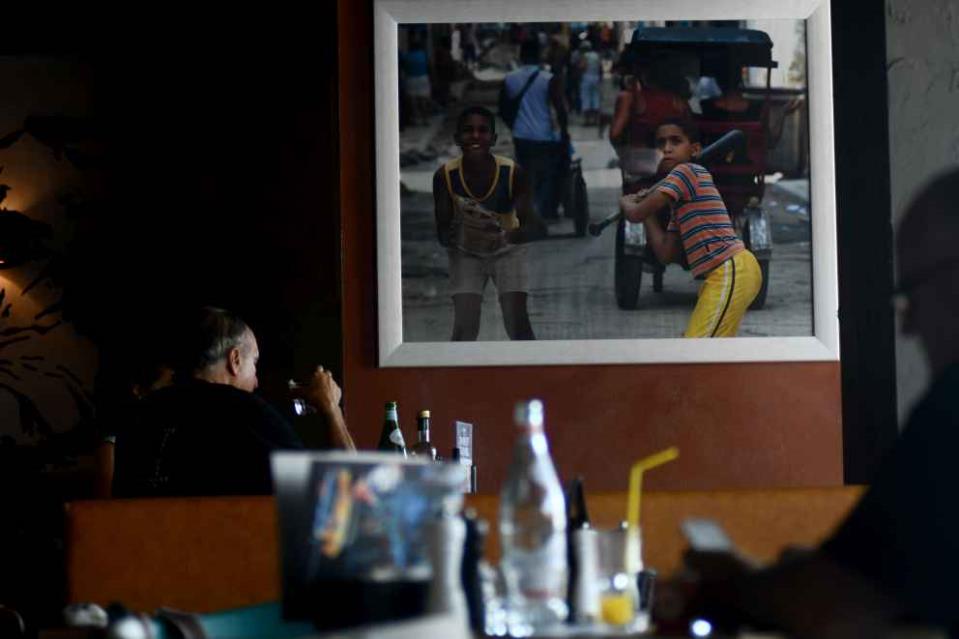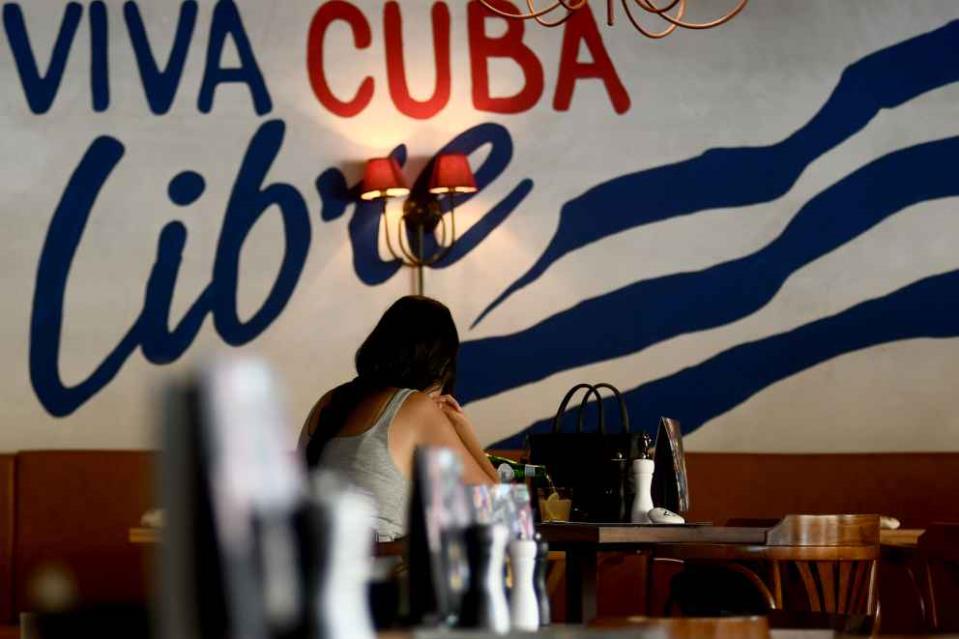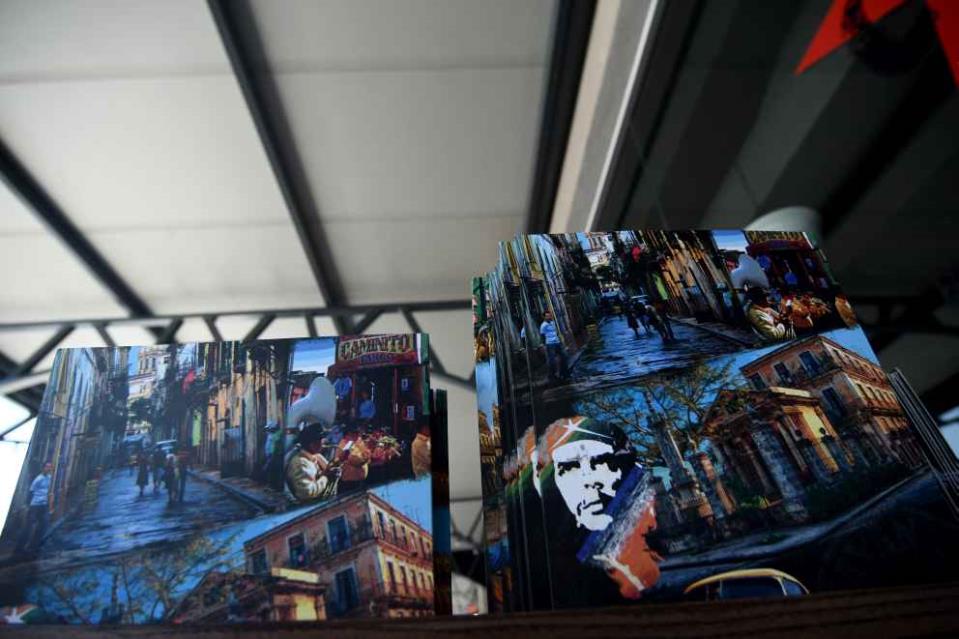Café Cuba has become a household name in quality dining in some prime locations such as the Sliema Strand and on St George’s Road overlooking Spinola Bay in St Julian’s. Now with a third outlet open in Pama Shopping Centre in Mosta, the local franchise and its promise of a good time is growing ever more successful.
The owner and man behind Kitchen Concepts, Julian Sammut, spoke to Mathias Mallia about what sets this franchise apart and what inspired him about Cuba to name his lucrative franchise after it.
Cuba’s feel good spirit
Around six years ago, Mr Sammut was relaxing at home surfing the web when he came across some information about Cuba. “I was blown away because Cuba evokes a certain spirit of laissez-faire, happy-go-lucky, tomorrow never comes. It’s a kind of stylish decadence that even the most tired professionals enjoy every now and then; this is human nature.”

This internet search sparked his love affair with the country and all that it represents, indeed it is the entire concept behind how he treats people in his business, be it staff or clientele. After he visited the country last year, his passion was reaffirmed and he proved it by constantly showing off photos and videos from his trip during this interview.
“When I went to Cuba last year I used to sit down and not move just listening to all the music going on. There would be people just stopping in the street and dancing along to the live music which was pretty much constant. Every street, everywhere you go there was a positive energy. It is one big festival.”

The decor of the restaurant is stereotypically Cuban; this includes Che Guevara revolution flags, slogan and graffiti. Mr Sammut explained why Che Guevara has become the mythical figure he is today:
“The revolution in the 50s and 60s, especially in the 60s, was a time of rebellion. You had students from universities, peace movements and flower power hippies. In the 70s you had the militant students, parts of far-right groups. Che Guevara was an adventurer, but he wasn’t Cuban. He was cool, young, and good-looking. He smoked a cigar so people loved him and he died a martyr. There’s this fantastic thing about him, he’s almost a legend.”

Cafe Cuba’s menu
Unfortunately, one thing which does not impress in Cuba, according to Mr Sammut, is the food which he explains probably deteriorated due to poverty. “When the country lost its sponsorship from the USSR, people couldn’t even import toilet paper. For a number of years it was entirely mafia run, the dictator was even in their pocket.”
In terms of the restaurant’s menu, it is easy to distinguish which dishes are themed, although they are not explicitly Cuban dishes. “Our menu is international because to have a specialized menu, even if you have a great kitchen, a big place like this has to cater to the masses. On a busy Saturday night you can cater for up to 450 people so you have to hit everybody’s pockets and everybody’s tastes.”

That being said, however, there are a few hidden treats. “We have the Pizza la Cubana where we use chilli con carne ingredients and it’s in the shape of a star which is pretty much as Cuban as you can possibly get. We have Tacos and Fajitas, Peruvian pork bun and tortillas.”
One thing Mr Sammut was adamant about throughout the interview and the conversation in general was the fact that communication is key. The menu is in fact created and altered regularly in collaboration with the chefs.
“All our menus are a process; we change our menus at least twice a year. Two months before we come up with a new menu, the chefs speak with the front of house guys. What are people eating? What are the stats? What is popular or unpopular and all that. That’s how we know if we have to move certain stuff. There are also seasonal dishes which move around. I then go and speak to the chefs; they discuss what to move and how, then they’ll send them to me.

“I ask a number of questions and take everything into consideration including pricing. We then sit down and have tastings and ingredients are considered due to costs; you have to make some money in the end. Then they send them to me and I look over the menu description and make sure the English is good. Then it goes to printing, so it’s a whole process that takes two months.”
Staff communication and respect
The staff is also impeccably trained. They have to taste and form an opinion of every single thing on the menu, apart from being expected to learn the menu by heart. “I start off training by asking them what they study at University and how thick their text book is. I then point out that our text book is much thinner.

“I can’t have people asking questions and getting uncertain answers or servers saying they don’t know and they’ll go check. This apart from the health concerns of a number of people who have various allergies. Plus, when we have new things on the menu, every single one has to try them so that they know what they taste like and when customers ask staff for an opinion on food, they have an answer.”
Other than that, training focuses on communication, be it between staff and clients or staff members themselves. “Another idea is to not let people stand around, even if you’re busy; acknowledge people, smile and say you’ll be with them soon.
“You also need to have constant communication between the front of house and the kitchen. If the two sections don’t communicate, it’s a recipe for disaster and a lot of restaurants are like that. You could have some arrogant chef who thinks that because he can cook a few dishes he’s the next Gordon Ramsay.”

If there’s one thing Mr Sammut won’t tolerate, it is arrogance at the workplace. “The first time people come for an interview, I don’t really care about what fancy restaurant they’ve managed as long as they lead by respect. If anyone is disrespectful to anyone on staff, even the cleaners, then they are out the door very fast. People come here to work, make some money to feed their families and to have fun because life is short and they spend more time here than at home enjoying themselves, so let’s make it a good time.”
Mr Sammut even spoke about having to help out himself sometimes, which he is more than pleased to do. He recalled even telling new managers to pray that on their first shift, the toilet breaks down so they can roll up their sleeves and help.
“If I come in and they’re struggling I don’t give orders, I stay behind the bar and load the dishwasher a few times. Firstly, I’m being a help because these people work very hard and sometimes it’s tough, and secondly they know that when it comes to exercising authority they can see that this guy can do what they do.”
Language barriers and foreign staff
One issue which the entire industry is facing, Mr Sammut said, is language barriers and being short of staff. “We have a mixture of staff nationalities, apart from in Gululu, which is a Maltese restaurant. It is very difficult to find staff, and finally the government has allowed non-EU nationals to work in this business. I went to Sicily two weeks ago to a hotel school and I recruited four people. So you get these people and you try to train them to speak English on the job.

“To be fair, I’ve had some very good Sicilians, one in particular who in two years learnt English and can speak Maltese very well; they’re even engaged to Maltese girls. The Maltese are too spoilt sometimes and nobody wants to put in the hours in this business. This job is a vocation, not a career; it’s like nursing. You have hard hours, it’s not incredibly well-paid and sometimes you can have some very difficult clients.”
Kitchen Concepts runs nine restaurants – the three Café Cuba; Vecchia Napoli in Sliema, Skyparks and soon at the Salini Resort; The Chophouse and La Cucina del Sole next door; and finally Gululu. “I think we’re the biggest restaurant company in Malta,” Mr Sammut said proudly.
With a self-professed company slogan of “We do our best to give you a good time”, Mr Sammut’s restaurants are on the fast track to becoming international franchises. Nothing has come out of the offers to go overseas so far, but the possibility is always open.